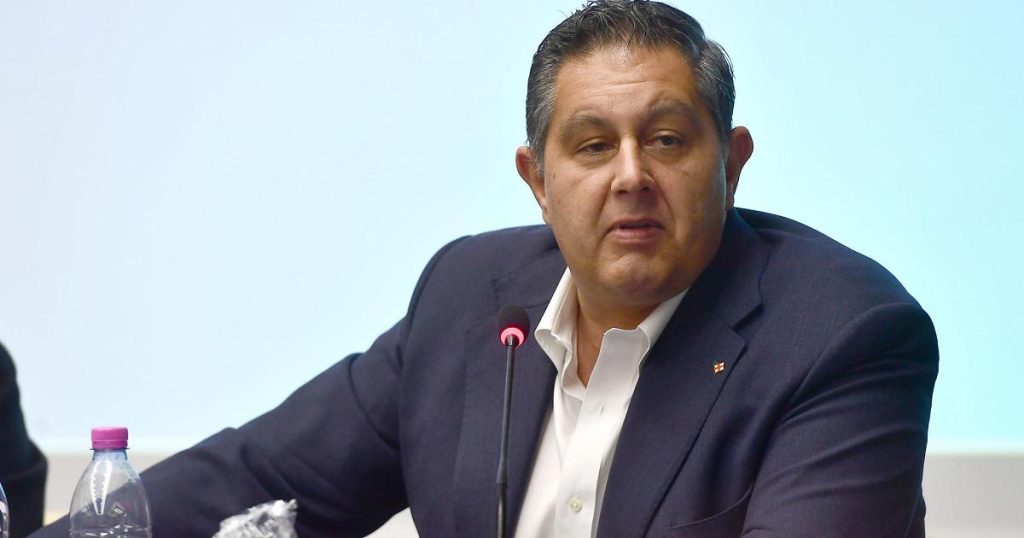A month before the European elections, a judicial earthquake shakes Genoa and Liguria: the President of the Region, Giovanni Toti, is accused of corruption and abuse of office and placed under house arrest in an investigation involving 25 suspects and 10 individuals subject to precautionary measures. Among them are Toti’s Chief of Staff, Matteo Cozzani, implicated in alleged electoral corruption and corruption related to his official duties, as well as businessmen Aldo and Roberto Spinelli and former Genoa Port Authority President Paolo Emilio Signorini, who now faces corruption charges. The investigation, resulting in over 600 pages of charges, stems from a separate probe initiated by the La Spezia prosecutor’s office, ultimately leading to the recent arrests in Genoa.
The accusations against Toti include accepting promises of funding and receiving cash payments from the Spinelli brothers through the Giovanni Toti Committee, in exchange for promises to help and find solutions for the Spinelli’s business interests. There are also allegations of luxurious gifts and financial favors being exchanged with Paolo Emilio Signorini in return for favorable interventions. Additionally, the involvement of the Cammarata mafia clan from Riesi in securing votes from their community residing in Liguria has brought to light the interplay of money, electoral needs, and commercial expansion among the accused individuals.
The arrest of Giovanni Toti has prompted a legal and political storm, with allegations that he compromised his role in office in pursuit of reelection by soliciting financial support from businessmen and business entities. The intricate web of corruption and alleged favors exchanged for funds has been detailed in various intercepted conversations and transactions, leading to the issuance of precautionary measures. The unfolding scandal has left the region of Liguria pondering the implications for its leadership and the implications for the upcoming elections.
Elly Schlein, the Secretary of the Democratic Party, has called for Toti’s resignation in light of the serious allegations and the potential involvement of organized crime at the highest levels of regional government. The gravity of the accusations and the implications of a corrupt system intertwined with criminal organizations have prompted demands for accountability and respect for the institutions. Schlein’s comments reflect a broader sentiment of outrage and a call for the ethical responsibility of public officials facing such severe charges.
As the legal proceedings unfold and the implications of the corruption scandal reverberate across the political landscape, there is a growing sense of urgency for transparency and integrity in governance. The fallout from Toti’s arrest and the subsequent investigations highlights the deep-rooted challenges of corruption and illicit dealings within the corridors of power, raising critical questions about accountability, political ethics, and the rule of law. The unfolding saga serves as a stark reminder of the perils of unchecked power and the imperative of upholding democratic principles in the face of systemic corruption.















